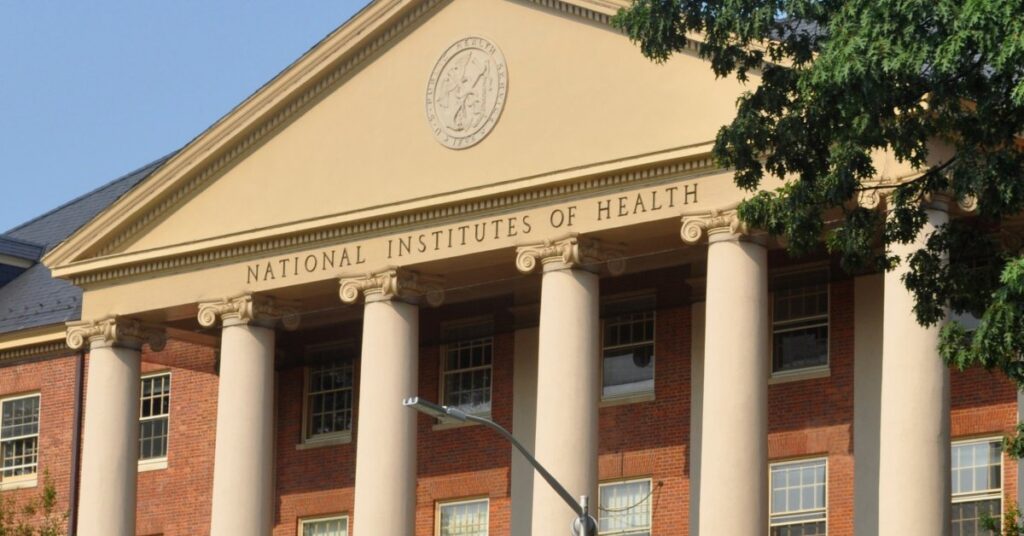A federal judge has intervened to block the Trump administration’s proposed cuts to medical research funding by the National Institutes of Health (NIH). The controversial policy sought to slash funding for indirect expenses related to crucial research on diseases like Alzheimer’s, cancer, and heart disease. These indirect costs cover essential aspects of research, from clinical trials to basic lab work.
Following lawsuits from 22 states and various organizations representing research institutions, hospitals, and universities, U.S. District Judge Angel Kelley in Boston issued a preliminary injunction to halt the cuts. This decision came after a temporary block was put in place last month, with concerns raised about the potential harm these cuts could cause.
The NIH, a major supporter of biomedical research, distributed around $35 billion in grants last year, dividing funds into direct and indirect costs. While the Trump administration viewed indirect costs as unnecessary overhead, research institutions argue they are vital for supporting research infrastructure and operations, including facility maintenance and safety compliance.
Previously, institutions negotiated their indirect cost rates with the government, allowing for additional funding based on project size. The new policy proposed by the Trump administration aimed to cap indirect costs at a flat rate of 15%, a move projected to save the NIH $4 billion annually.
Overall, the legal battle over these funding cuts highlights the significant impact they could have on medical research, patient care, and job security within the scientific community.

